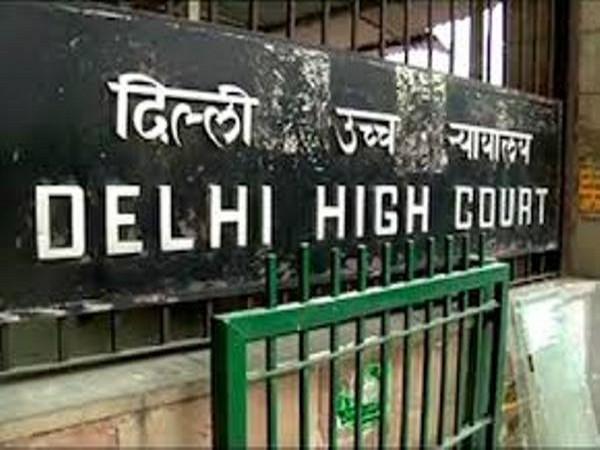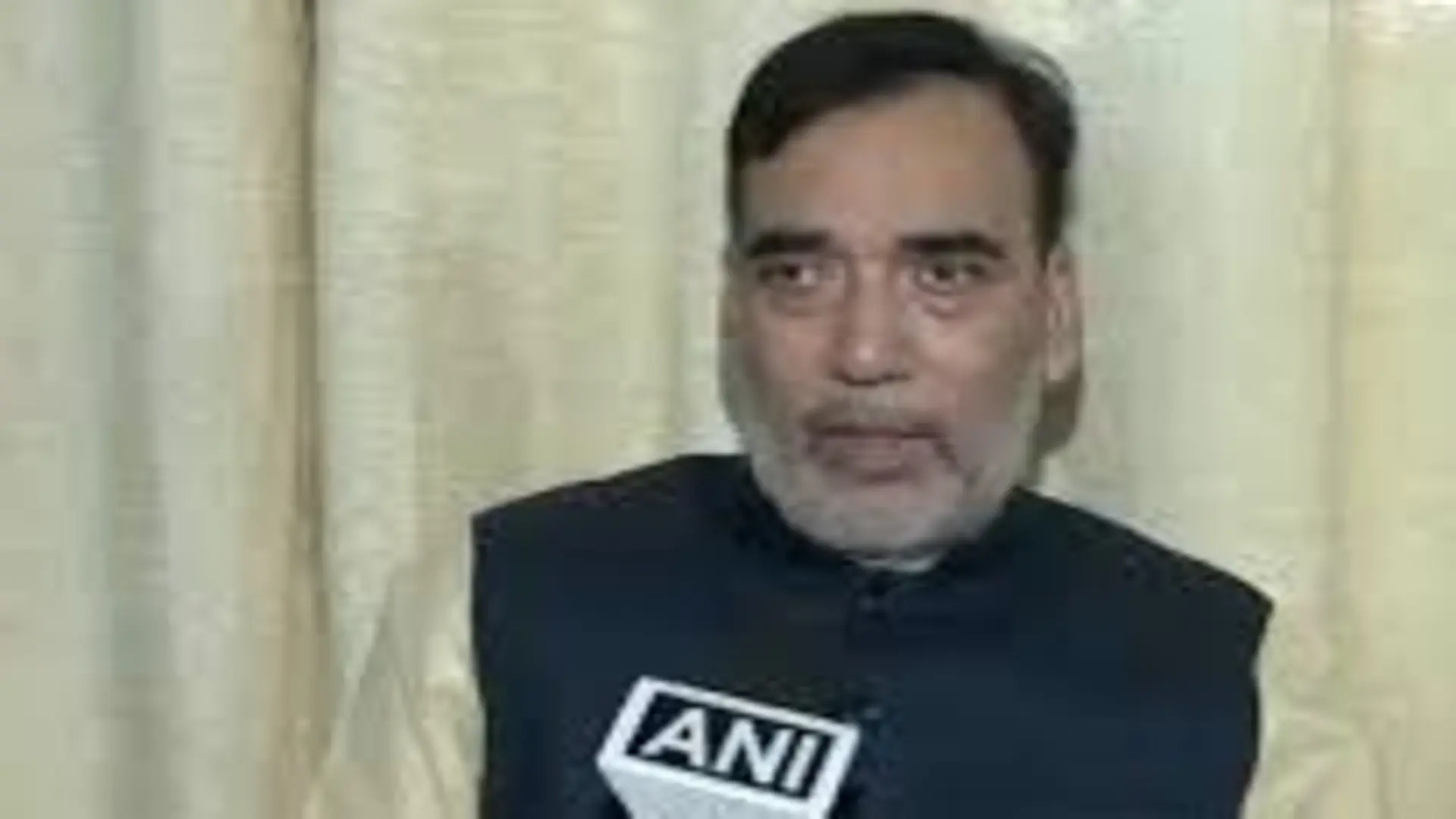
The Delhi High Court in the case Ehtesham Qutubuddin Siddique v. CPIO, Ministry of Home Affairs observed and has dismissed a plea filed by a convict in the Mumbai Twin Blast case (7/11 Bomb Blast case), wherein challenging an order passed by the Central Information Commission (CIC) denying him information regarding the proposal and all documents concerning grant of sanction for prosecution under section 45(1) of the Unlawful Activity (Prevention) Act (UAPA).
In the present case, Ehtesham Qutubuddin Siddique was convicted under the Maharashtra Control of Organised Crime Act, 1999 and National Investigation Act, 2008 and he is presently serving his sentence in Nagpur Central Prison since July, 2006.
While upholding the view taken by CPIO of Ministry of Home Affairs, the CIC had found that the disclosures would stand exempted under section 8(1)(a) of the RTI Act.
The bench comprising of Justice Yashwant Varma while upholding the CIC order was of the view that bearing in mind the provisions made in Section 45 of the UAP Act, the Court is of the firm opinion that the disclosures that were being sought and in the broad terms as were prayed for in the application, the respondents rightly invoked Section 8(1)(a) of the RTI Act.
It has been rejected by the court that the argument of petitioner’s counsel that the CIC was obliged to consider whether the provisions of section 10 of the RTI Act would apply and that whether certain aspects of the information sought were severable, thereby falling outside the scope of section 8(1)(a) of the RTI Act.
However, the Court reasoned that the petitioner had, even on a prima facie footing, failed to establish what information that may ultimately lead to the issuance of the notification under section 45 of the UAP Act would also be severable.
The Court ordered that the writ petition lacks merit and the same shall stand dismissed.















